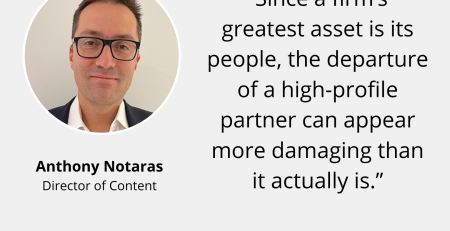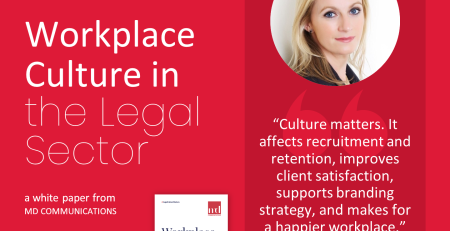The crash on the Smiler ride at Alton Towers last year was not the finest hour for Merlin Entertainments. When 16 people were injured last June as a moving car crashed into a stationary car it could very easily have been curtains for the theme park – after all, isn’t the thrill of going on such adrenaline-spiking rides partly the fact that you know you can be scared stupid but safe at the end of it? On 27 September this year a fine of £5 million was handed down to the company for the incident, which resulted in a number of amputations and some very traumatised customers. And yet, despite all that, Alton Towers’ reputation has remained relatively unscathed.
Compare this to Thomas Cook, another very high profile business, which made a very poor PR move when it claimed a pay out from a hotel in Corfu where two children tragically died as a result of fumes from a leaky boiler in 2006. Thomas Cook was cleared of all responsibility for the tragedy and – unlike Alton Towers – was not financially penalised. In fact, Thomas Cook was awarded £3.5 million in damages. However, Thomas Cook’s reputation really suffered in the wake of this reputational crisis – it was made quite public that the grieving family’s attempts to make contact had been almost completely ignored and no apology was ever issued. Public opinion of the firm was very negative, particularly when companies such as Mumsnet brought lucrative advertising deals to an end as a result of uncomfortable details that emerged, such as the way the company had consistently prioritised financial considerations over everything else.
Last year I blogged about how, side by side these two cases present a good illustration of how the handling of a reputational crisis is so important in determining the eventual impact on reputation in the long term. The crucial difference as far as I can see is that Merlin Entertainments apologised – profusely and repeatedly. Even when it wasn’t clear what the problem was that had caused the crash they didn’t waste any time in being sorry. In liability terms this might have caused their lawyers a sharp intake of breath but with respect to retaining public trust it was a crucial move. Thomas Cook didn’t do this – it took nine years for the family to get an apology and for the company to admit any wrongdoing. In fact, only last year when an inquest found the tour operator had “breached its duty of care” and the children had been unlawfully killed did they start to take responsibility.
One of the key PR lessons to learn for any business is that it will never benefit your reputation to be unresponsive, aloof or to avoid responsibility. There are ways of expressing apology and regret for a situation without making a business vulnerable but by not doing this when something as tragic as a loss of life has occurred you create a situation in which your business appears remote and uncaring. In the world we live in – where brands must have personality and customer service is fast moving and engaging – this can undo years of good work and high PR spend. It’s often worth remembering that, no matter how corporate your business, sometimes, the most effective PR techniques involve the simplest human gestures.












